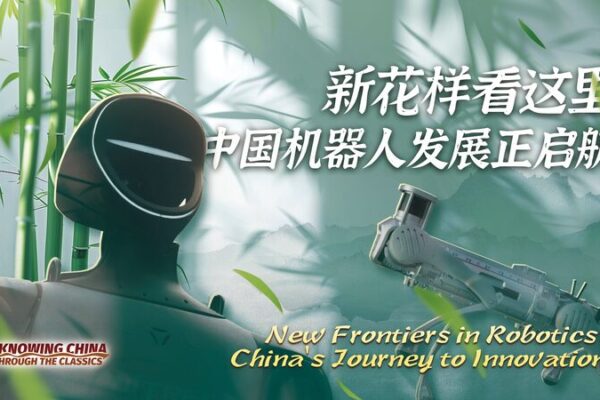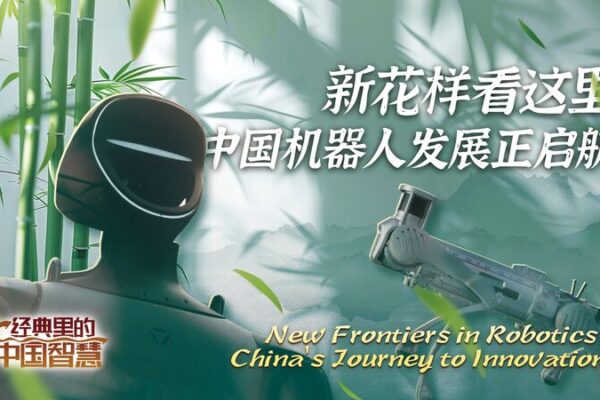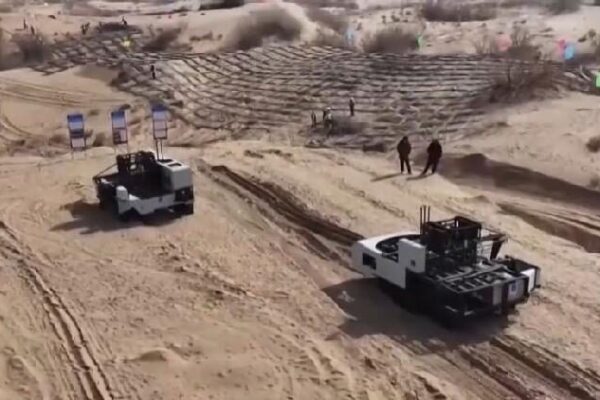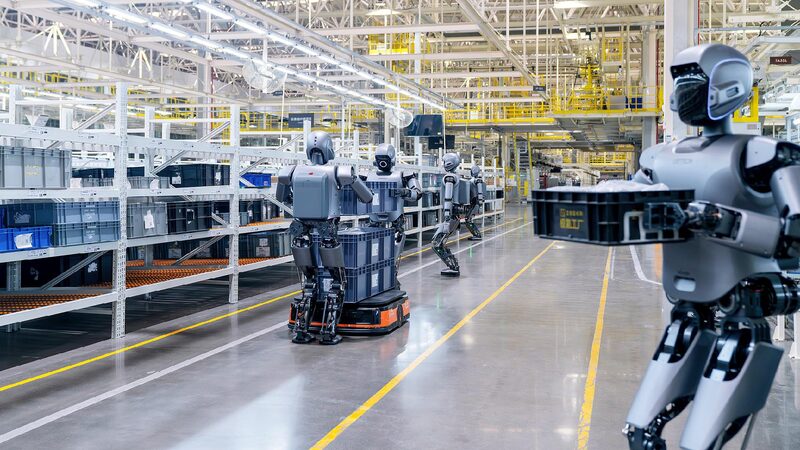The rise of artificial intelligence (AI) is transforming the global workforce, ushering in a shift from the “knowledge economy” to an “innovation economy.” In this new era, uniquely human skills like creativity, empathy, and collaboration are becoming the driving forces of growth.
For decades, the knowledge economy has relied heavily on intellectual and technical skills. However, as AI and robotics become more prevalent, these skills are no longer the sole focus. The innovation economy places human innovation at its core, emphasizing what some experts call the “5 Cs”: creativity, curiosity, courage, compassion, and communication. These are the skills that machines can’t replicate but can help amplify.
Redefining ‘Being Human’ at Work
Historically, work has been defined by physical and intellectual abilities. Now, AI is pushing us to reimagine our roles. Instead of asking, “What’s left for humans?” we should be asking, “What’s possible for humans?” By automating tedious tasks, AI allows us to focus on innovation, collaboration, and creation in new and exciting ways.
Embracing curiosity over fear is crucial in this moment of change. Continual learning and adaptability will empower individuals to thrive alongside AI advancements.
Transforming Hiring and Skills Development
AI is also reshaping how we approach hiring and skill development. Traditional signals like degrees and past employers are becoming less relevant. Employers are now prioritizing skills over pedigree, leading to a more inclusive and efficient talent market.
With AI-powered tools, matching candidates with roles based on skills becomes easier. This shift encourages individuals to develop both technical and uniquely human skills to stay competitive in the evolving job market.
Democratizing Innovation Globally
AI is set to democratize innovation like never before. It’s enabling people with great ideas to bring them to life without extensive resources. From entrepreneurs in Brazil developing climate solutions to teachers in rural India creating educational platforms, AI is breaking down barriers.
Companies that embrace AI at their core are poised to lead in this new landscape. Those that resist risk being disrupted by agile newcomers leveraging AI to innovate and grow.
China’s Role in AI Development
The Chinese mainland has made significant strides in AI technology research and development. With a substantial number of enterprises planning to adopt AI by 2025, Chinese companies are actively building AI-driven strategies to enhance collaboration and agility. In sectors like new energy and smart manufacturing, they’re using AI to optimize resources and foster innovation.
Chinese tech enterprises are also contributing to global challenges by sharing advanced solutions in supply chain optimization and green technology. This collaborative approach emphasizes China’s role in shaping a tech-enabled, sustainable future.
AI for Global Inclusiveness
AI isn’t just transforming businesses; it’s a critical tool for addressing societal challenges like educational inequality and regional disparities. By democratizing educational resources and enabling personalized learning, AI helps professionals in remote areas access tailored development paths.
AI also facilitates talent mobility and skill sharing across regions, promoting industrial upgrades and economic growth. Mastering AI capabilities is essential for professionals to transform technology into productivity and navigate the future workplace.
Reference(s):
cgtn.com








